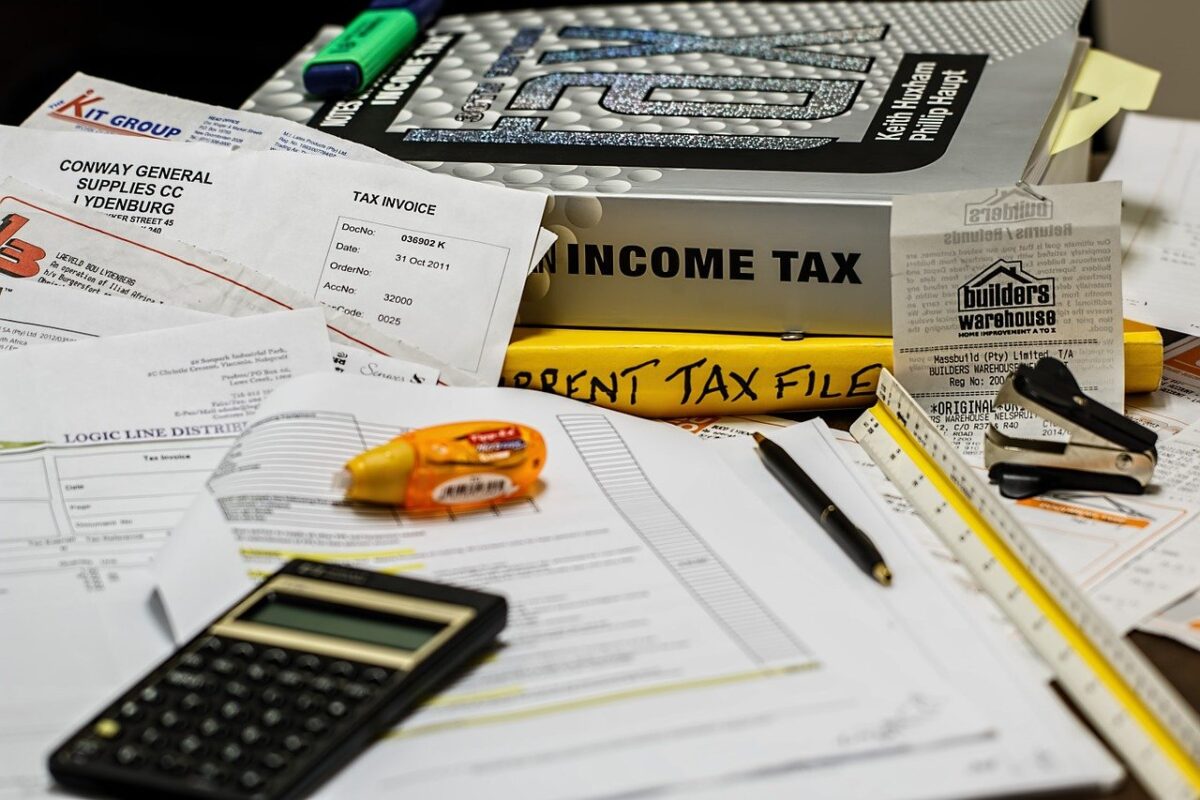Oh no! You need audit advice. You just received in the mail a notification that you are going to be audited by the IRS. What now? How do you respond to this and should you be having a heart attack now? While many people lose it as soon as they realize that the IRS is going to be asking for their records and proof, the fact of the matter is that the best audit advice is to stay calm and gather the information that you need carefully, accurately and without worry.
Make a Call
Before you put it to the side and decide to deal with it later, (it won’t go away by the way) take the time to respond to it. Give the IRS a call and find out what is going on and when they want to come and see your paperwork. This simple phone call can help you find the right information before you react the wrong way. Remember, it’s not the fault of the lady on the other side of the phone, that this is yours either. So, be nice, play fair and be honest.
Need more Time?
Do you need some extra time to get your information in order? Need to dig out that box, organize it and hope that it’s all there? Then make sure to ask for a postponement of the audit. This audit advice is very important: don’t wait until the last minute to do it either! Call them up and ask for a small delay so that you can get things in order. Simple, done.
Don’t Panic
Lastly, it is important to realize that most audits are simply needed because of minor errors. You added or subtracted wrong. You entered the wrong information on the wrong line. That type of thing occurs every day. This audit advice is to be honest about what is happening with you. So, you made a mistake. Fix it by providing a good attitude to the IRS auditor that comes to see you.
At Peavy and Associates PC our mission is to assist you with all your tax preparations, payroll and accounting needs. We provide our clients with professional, personalized accounting services and guidance in a wide range of financial and business needs. Give us a call today and discover why our clients return to Peavy and Associates, PC year after year!





